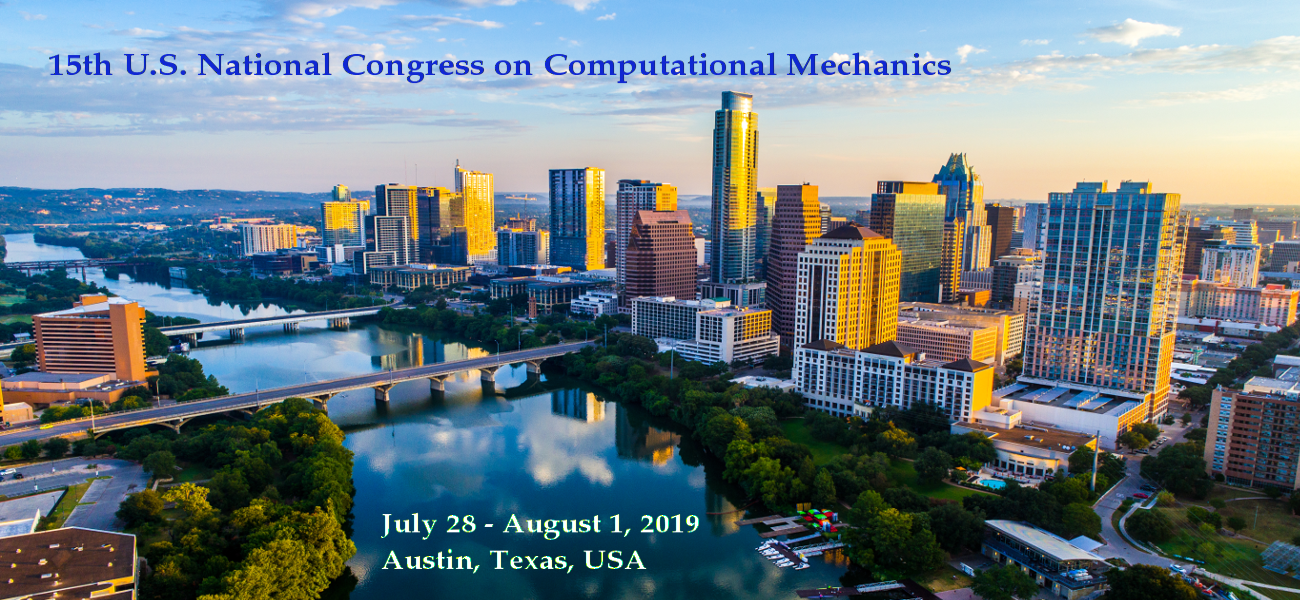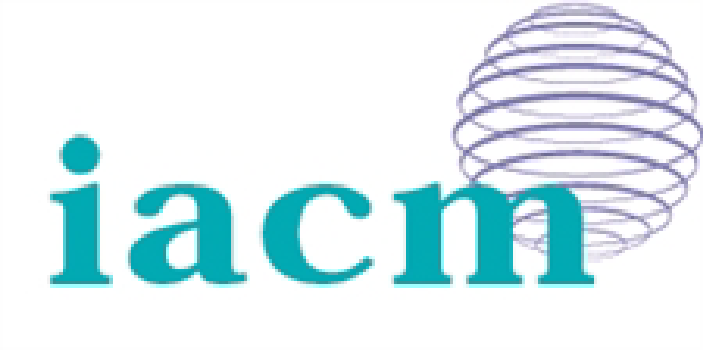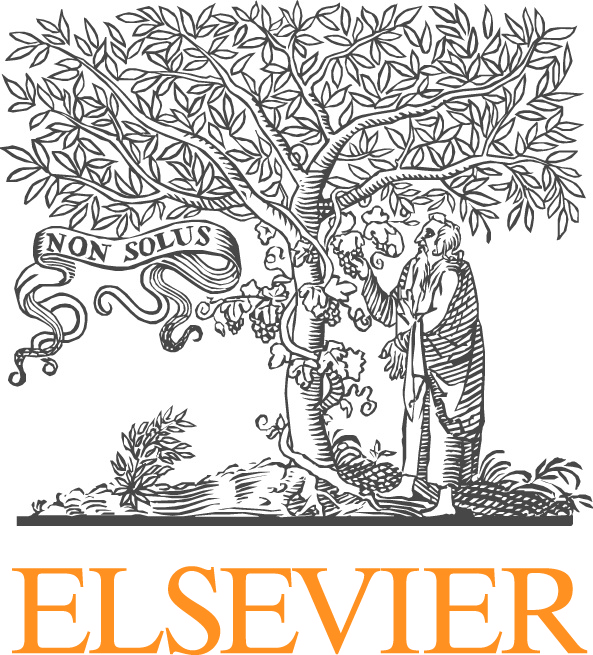Hui Cheng, Northwestern Polytechnical University
Yingjie Xu, Northwestern Polytechnical University
Pinar Acar, Virginia Polytechnical Institute and State University
The lack of effective tools for controlling the processing-induced deformation and defects of composite structure results in a time-consuming trial and error approach to optimize the process. It is therefore desirable to be able to optimize the processing quality with process modelling and simulation. The purpose of this symposium is to bring together experts in computational mechanics, composite sciences and technology to exchange results in modelling and simulation of process’s influence on the behavior of composite structures. Researchers from academia and industry alike are welcome to present their work, engage and share ideas with other researchers who will take part in this exciting congress. Particular areas of interest for the session include (but not limited to):
1) Deformation and defects in process of composite structures: autoclave, resin transfer molding, injection molding, etc.
2) Modeling the influence of the processing conditions and the service performances of the processed composite products.
3) Defects and damage simulation methods in machining of composite (cutting, drilling, milling, waterjet, laser, etc.)
4) Defects and damage simulation methods in assembly of composite: bolting, riveting, adhesion, interference joining, cure joining, etc.
5) Fretting and corrosion behavior of composite structure.







